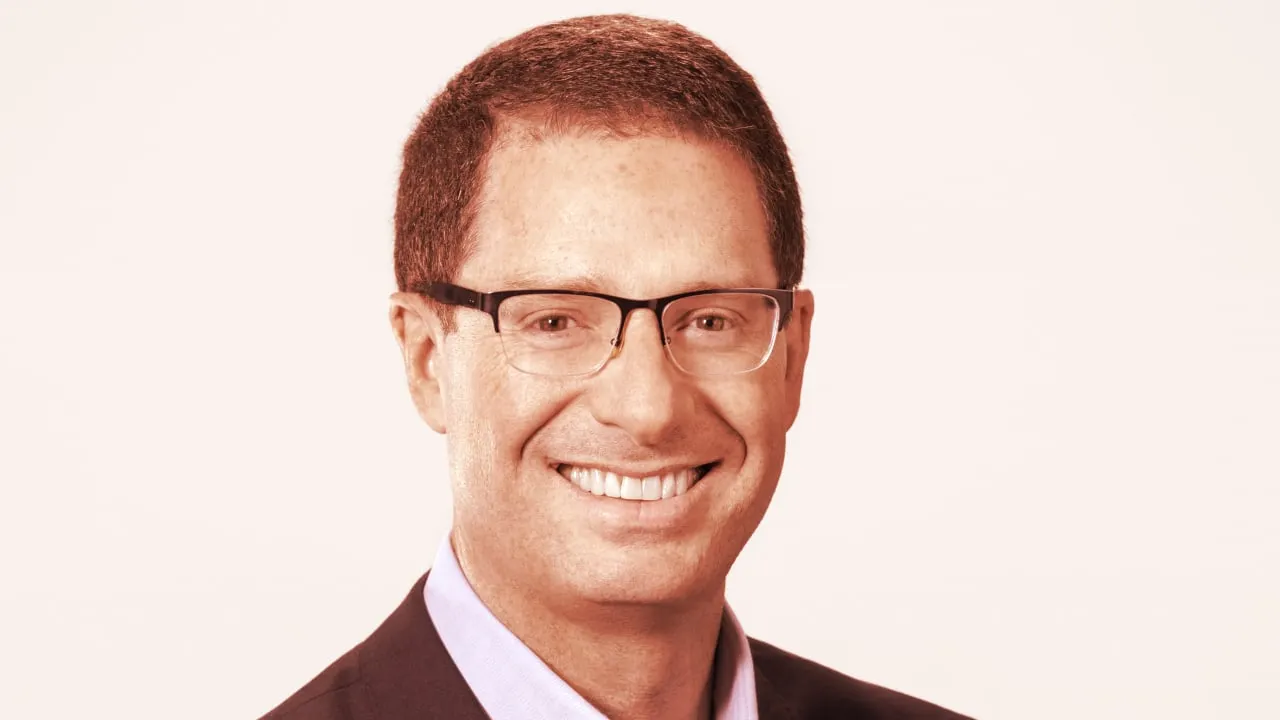In brief
- Binance US CEO Brian Brooks resigned early this month.
- New reports say his departure was tied to Binance's refusal to relinquish control of the American operation.
Brian Brooks is one of the most prominent figures in crypto so his abrupt departure early this month as the head of Binance's U.S. operation—a post he held for just three months—set off a wave of speculation about what happened.
Now, the picture is becoming clearer as investigations published Thursday in New York and the New York Times suggest he was ousted by Binance founder Changpeng Zhao (who goes by CZ) amid a conflict over how to navigate regulatory controversies and the American subsidiary's ties to the parent company.
Brooks rose to prominence as Coinbase's top lawyer and for his crypto-friendly policies while running the Office of the Comptroller of the Currency, an independent office within the Treasury Department that oversees banking regulations. He joined Binance in early May with the expectation that his experience in Washington, DC, would help confer legitimacy on the company's U.S. operations as it sought to expand its footprint in the country.
According to the reports, Brooks sought to implement a multi-pronged strategy that revolved around putting distance between Binance and Binance US—in part by appointing independent board members to Binance US and by raising $100 million in capital to help the American unit operate on its own. A key part of the plan also allegedly involved transferring Binance technology to servers based in the U.S., but this came undone in August:
"The transfer was the final piece of the puzzle that Brooks believed would put Binance’s regulatory problems in the past. But in the early days of August, as Brooks finalized the plans for the transfer, CZ suddenly pulled the plug .... His strategy rejected, Brooks saw no path forward to resolving the company’s regulatory issues, and therefore, could no longer work there. So he announced his resignation August 6.," reports New York based on an unnamed source.
The New York Times has a slightly different version of events, claiming that Brooks and another former regulator hired by Binance resigned after GreatPoint Ventures—which was to have been a keystone of the proposed fundraising plan—became skittish over Binance's regulatory troubles and pulled out.
The Times adds that GreatPoint's reluctance came in part because CZ reportedly owns 90% of Binance US. CZ told New York that this is "the wrong narrative" but did not explain why. Brooks did not immediately respond to a request for comment by Decrypt about the accuracy of the reports, while a spokesperson for Binance US declined to comment.
The reports underscore ongoing doubts over whether Binance US is actually an independent company—as it has long professed—or whether Zhao has been pulling the strings all along.
The controversy over Brooks's departure come as Binance is reportedly facing an onslaught of investigations from U.S. regulators, including the Justice Department, the IRS, and the Commodity Futures Trading Commission. Meanwhile, there is ongoing scrutiny by U.S. lawmakers over the activities of firms such as TikTok that have ties to China—meaning it's a safe bet that the pressure on Binance, which is the world's largest crypto company, is not going to abate.
The episode also raises questions about Brooks' future in the crypto industry. His resignation from Binance US may serve him well if others view it as an act of integrity and a refusal to bend the law—especially as compliance has become a watchword for U.S. crypto companies. But his brief and stormy tenure at Binance US could also reinforce perspectives of Brooks as a divisive figure who is prone to creating factions.
Brooks taking the top job at Binance US in May resulted in the abrupt ouster of its previous CEO, a popular young female executive named Catherine Coley. Neither Binance nor Brooks offered any public acknowledgement of Coley's tenure at the time they forced her out.

